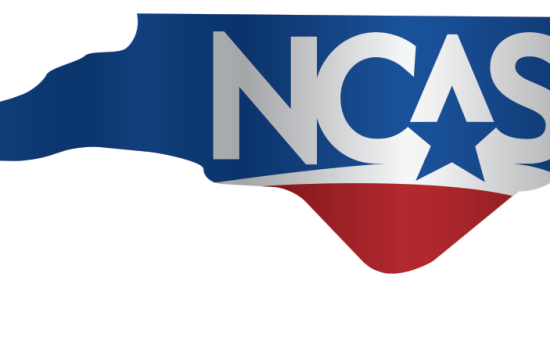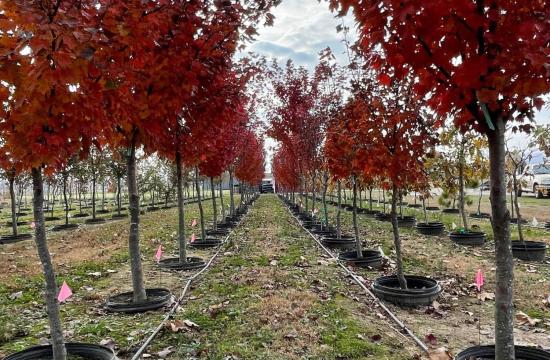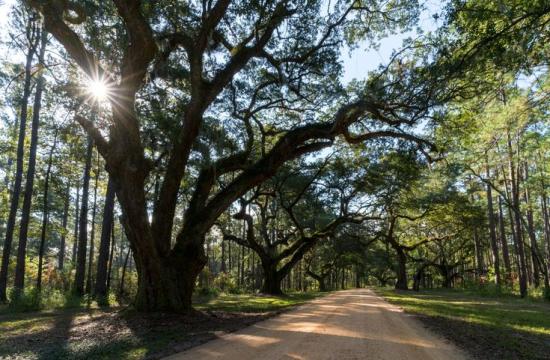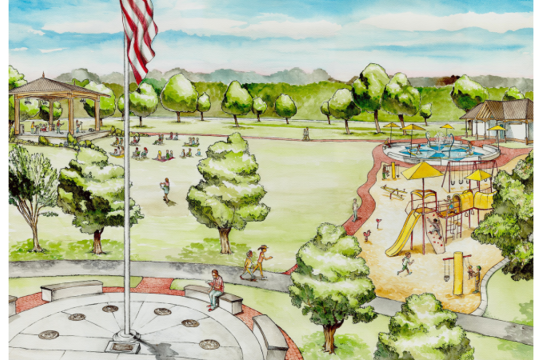The Town is committed to pursuing grants and alternative funding opportunities to support a wide range of projects, acquire specialized equipment, and enhance training efforts. These resources allow the Town to extend beyond the limitations of its operational budget and address the evolving needs of a growing community. To promote transparency and provide clear, up-to-date information, this grant funding page is reset annually on July 1. We are grateful to the funding agencies that continue to recognize and invest in the future of the Town.

The State of North Carolina and North Carolina Amateur Sports have established an annual youth sports grant fund from a percentage of the sports wagering tax revenues. Youth sports grants are provided annually to local government agencies, including local school administrative units and 501(c)(3) nonprofits in all 100 North Carolina counties. These grants may be used for youth sports equipment, or facility upgrades and improvements that primarily benefit youth sports. If awarded, the Town of Leland will use funds for facility upgrades.

The Leland Police Department have submitted an application to equip two (2) existing police SUVs with Mini Mobile Command Stations. These units will support incident command operations during a wide range of events, from natural disasters to routine calls for service such as missing persons cases. The Mini Mobile Command Stations will enable officers to establish an on-scene command presence immediately upon arrival, improving coordination, resource deployment, and overall response efficiency. This capability will enhance situational control and ensure more timely, effective outcomes during critical incidents.

The Arbor Day Foundation is a global nonprofit dedicated to planting trees. Since 1972, the Arbor Day Foundation has planted more than half a billion trees in over 60 countries.
The Town of Leland has applied to partner with the Arbor Day Foundation to plant trees within the Leland Town Center commercial area. This project will provide a shaded, inviting path for pedestrians and cyclists.

The Arbor Day Foundation is a global nonprofit dedicated to planting trees. Since 1972, the Arbor Day Foundation has planted more than half a billion trees in over 60 countries.
The Town of Leland has applied to partner with the Arbor Day Foundation to plant trees near the future Loblolly Park.

The Town of Leland has partnered with PARTF to keep pace with our fast-growing community’s desire and need for improved and expanded recreation opportunities and facilities. This exciting project will update and transform Founders Park from a basic municipal park to a hub of community activity and engagement for all Leland citizens by adding unique amenities not found elsewhere in the area.
Founders Park Phase I will add the first splashpad in northern Brunswick County, fitness stations, an amphitheater, a veterans memorial, an improved walking trail, additional parking, restrooms, and associated site furnishings.
Perry Avenue, which is currently a dead end road, will be extended in order to fully connect Village Road with Old Fayetteville Road. This will aid in traffic flow by giving some relief to Town Hall Drive, which runs parallel to Perry Avenue. Founders Park will be framed on both sides with Perry Avenue and Town Hall Drive, aiding in traffic flow around park. The road improvements will also allow the addition of parallel parking and resurfacing, which will enhance the appearance and durability of the road.
